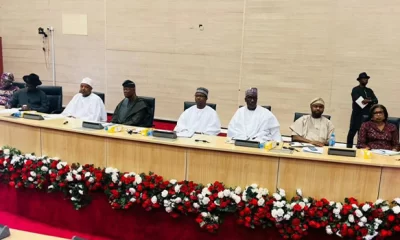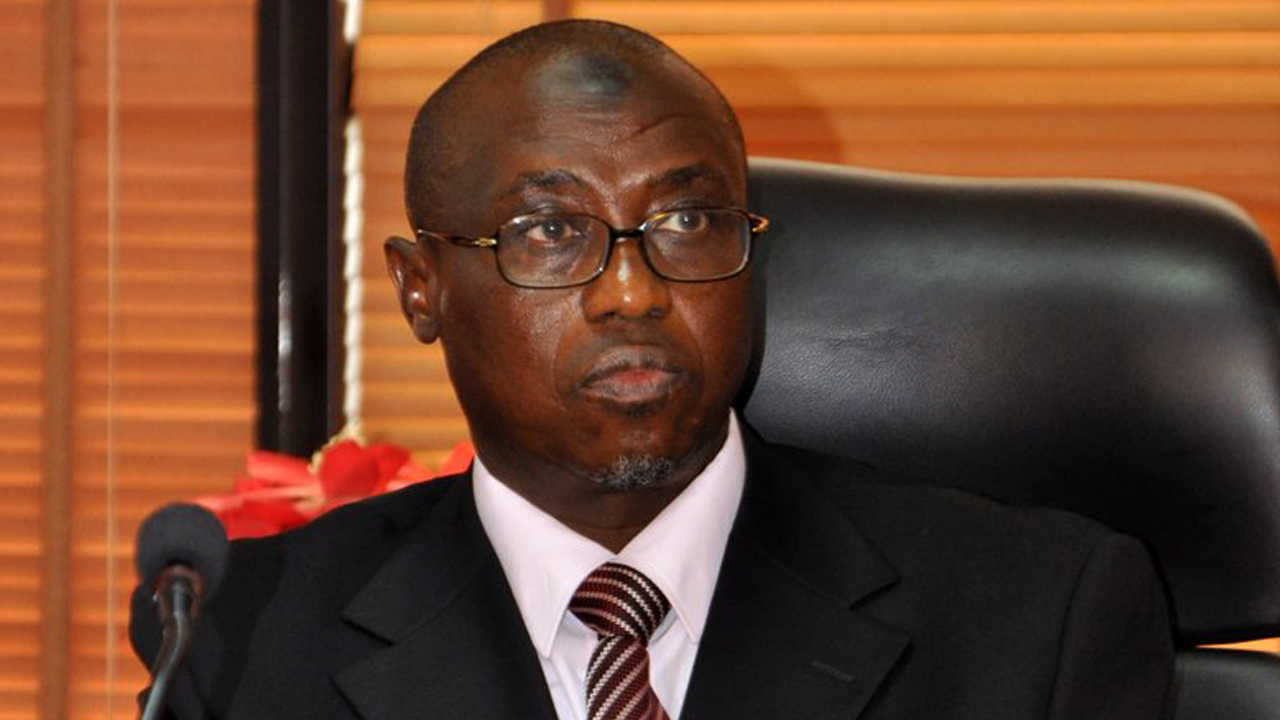By Richards Adeniyi
A former Group Managing Director of the Nigerian National Petroleum Company (NNPC), Jackson Gaius-Obaseki, has advised the Federal Government to consider full deregulation of the value chains of the nation’s petroleum sector.
Gauis-Obaseki, who is currently the Chairman of the Board of Directors of the Brass Liquefied Natural Gas Company Limited, gave the advice at the 11th Oil Trading and Logistics Expo in Lagos on Monday.
The theme of the conference was “Downstream- Renewed Opportunities’’.
He said it was high time Nigeria fully embraced deregulation.
According to him, Nigeria can no longer afford to stifle growth of the oil sector through regulation which should be opened up for players to play active part therein.
He also said Nigeria should be wary of politicians’ unbridled meddling in the affairs of the sector, adding that the nation’s petroleum sector should be treated strictly as business.
Also, the Deputy Minister of Energy in Ghana, Mohammed Adam, said his country had deregulated its downstream sector of the petroleum sector, adding that the prices of petroleum sector were determined by demand and supply.
He urged Nigeria to lead the way in turning around the petroleum sector in West Africa because of its stature.
The Chairman of the House of Representatives Committee on Petroleum (Downstream), Joseph Akinlaja, wondered why only few out of the 18 operators granted refineries licences by the Federal Government were making headway.
Akinlaja said that the government should consider giving more investors opportunities to invest in refineries, to boost in-country refining and opening up the economy for better prospects.
He, however, assured that the lawmakers in the country would play a pre-eminent role in ensuring that the petroleum sector added value to the country through proactive legislation.
He promised that the House would soon pass the Petroleum Industry Bill to spur growth in the nation’s oil and gas sector.
A former Executive Secretary, Petroleum Products Pricing Regulatory Agency (PPPRA), Reginald Stanley, said the country was faced with refineries’ challenges.
According to Stanley, this is because a lot of money goes into building refinery.
He appealed to the government to assist refinery investors by granting them loan facilities.

 Entertainment5 days ago
Entertainment5 days ago
 Health1 week ago
Health1 week ago
 Health4 days ago
Health4 days ago
 Football1 week ago
Football1 week ago
 Football1 week ago
Football1 week ago
 Crime4 days ago
Crime4 days ago
 Education6 days ago
Education6 days ago
 Crime1 week ago
Crime1 week ago








